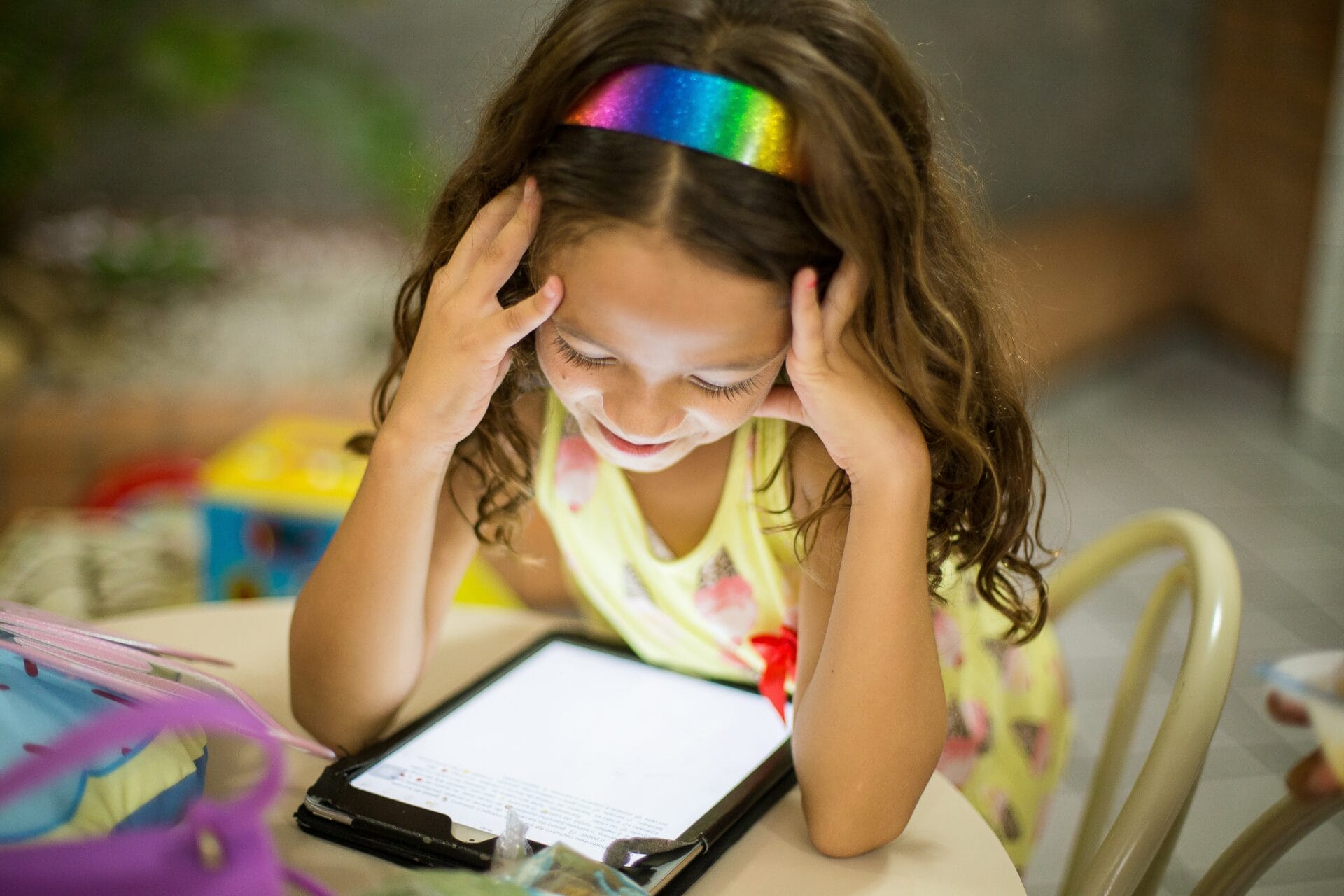Vision plays an important role in children’s learning and overall wellbeing. Learning-related vision problems refer to any vision issues that directly affect children’s ability to learn and perform in school. These issues are not always obvious, as they go beyond just having 20/20 vision. They can include difficulties with eye tracking, eye teaming, focusing, and visual processing. These problems can often be mistaken for other learning disabilities or behavioral issues. If your child is performing below the expected level for their age at school, it i’s always a good idea to have a comprehensive eye test. In this blog, we will explain the necessary visual skills that allow children to learn well and how we can help your child achieve their best potential.
Visual skills important for learning:
Visual Acuity:
The ability to see clearly at all distances. Clear vision is fundamental for reading, writing, and seeing the board in a classroom. This relates to having 20/20 vision, whether or not achieved by wearing glasses.It is the basic level of requirement for children to learn well.
Efficient Binocular Visual System:
To learn efficiently, children should also have an appropriate level of binocular visual function which allows their eyes to work together as a team. Binocular visual skills can include:
- Eye Tracking: The ability to keep eyes on a moving object like a ball.
- Eye Focusing (Accommodation): The ability to quickly and accurately maintain clear vision as the distance from objects changes, such as looking from the board to a notebook and back.
- Eye alignment (convergence): The ability to coordinate two eyes to aim precisely at the objects a child is trying to see all the time. This skill is important for a child to have single and clear vision effortlessly.
Visual Perceptual Skills:
Visual perceptual skills allow visual information to be integrated and converted into useful information for learning. These skills include:
- Hand-Eye Coordination: Important for sports, handwriting, and other activities where the eyes guide the hands.
- Visual Perceptual Skills: The ability to interpret, analyze, and give meaning to what is seen. This is crucial for recognizing letters and words, and reading comprehension.
- Visual Spatial skills: The ability to understand spatial relations of objects and shape. Underdevelopment in these skills can be reflected by reversal of letters and numbers, struggles with math and misjudgement of space.
- Eye movement skills: These skills are crucial for learning and play, enabling efficient text tracking and precise monitoring of moving objects in sports. These skills depend on both a strong binocular visual system and well integrated visual perceptual skills.
How Can A Comprehensive Children’s Eye Test Help?
If your child is facing challenges in academic or extracurricular activities at school, it’s important to consider various factors, including their visual skills. A comprehensive children’s eye test conducted by our optometrists can determine if your child’s visual skills are developing as expected for their age. As well as assess if they will need further investigation with a detailed visual perceptual assessment. If we find that your child requires support in developing their visual or visual perceptual skills, we will create customized interventions which may include glasses and/or in-office/home-based vision therapy to enhance these abilities, helping them achieve their full potential.
In cases where your child’s visual skills meet age-appropriate levels, we will provide suitable recommendations, whether it involves further assessments with other healthcare professionals or simply allowing more time for development and catch-up.


